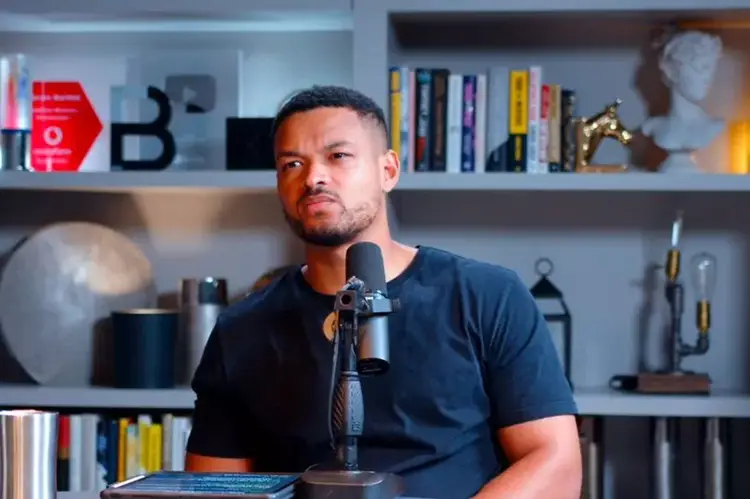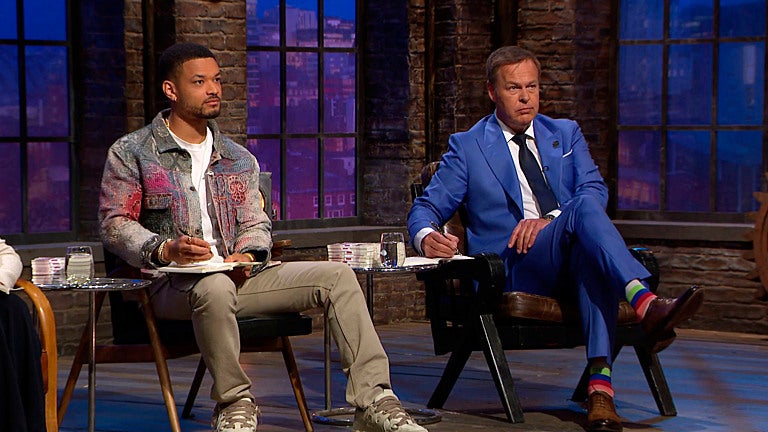Steven Bartlett podcast Diary of CEO sharing harmful health claims, BBC probe finds

Subscribe For Free Morning Headlines Email Updates
Subscribe For Our Free Morning Headlines
Subscribe To Our Free Morning Headlines Email!
I'd like to receive emails about promotions, happenings, and news from The Independent. Please take a look at our privacy policy.

A BBC investigation has uncovered that Steven Bartlett, the host of Dragons’ Den, is promoting numerous misleading health assertions on his podcast, The Diary of a CEO, which contradict established scientific research.
Launched in 2017, the podcast is said to be the fastest growing in the world, recently achieving over 1 billion views and listens on platforms like Apple, Spotify, and YouTube.
However, the podcast that originally centered on entrepreneurship and business has shifted its focus towards health topics, featuring guests who are described as health specialists in the past year. This change has attracted criticism in an investigation conducted by the BBC World Service.
According to the BBC, with input from health experts, it was found that in 15 episodes focused on health topics, there were about 14 misleading health statements in each episode.
Flight Studio, the production firm that produces Mr. Bartlett's podcast, stated that well-researched guests provide insights that lead to “open-minded, in-depth discussions.” They described the investigation as a “deceptive” and incomplete story.
However, Heidi Larson, a specialist in public trust in healthcare, mentioned to the BBC that the guests are greatly exaggerating. She warned that this could lead people to distance themselves from evidence-based medicine. As a result, they might avoid treatments that could have some side effects, even if those treatments could potentially save their lives.
A BBC investigation discovered that 15 out of 23 health-related episodes aired between April and November this year contained "possibly harmful statements."
The inquiry suggested that false narratives about vaccines and minimizing the effectiveness of established cancer therapies were among the misleading statements put forward.
In an episode from October, cancer researcher Dr. Thomas Seyfried mentioned to Mr. Bartlett that adopting a ketogenic diet could potentially aid in cancer treatment, according to the BBC. He likened contemporary cancer therapies to “cures from medieval times.”
When the BBC reached out to him, Mr. Seyfriend reaffirmed the comments he made during the podcast interview.
In a July podcast episode, Dr. Aseem Malhotra expressed to Mr. Bartlett that, according to the BBC, the "Covid vaccine had a negative overall impact on society."
In an interview with the BBC, Dr. Malhotra stood by his comments, asserting that just because some individuals have a different opinion, it doesn't necessarily mean those opinions have been proven wrong.
The inquiry follows closely behind the decision to ban advertisements for health brands Zoe and Huel that included Mr. Bartlett for not revealing their business connection with the celebrity entrepreneur and influencer.
The Advertising Standards Authority discovered that the advertisements did not include details about their connections to Mr. Bartlett, who invests in both brands. At that time, Huel, Zoe, and Bartlett were reached out to for their input.
Flight Studio noted a rise in health-related episodes of the podcast, citing a growing global interest, especially in the aftermath of the Covid pandemic.
A representative shared with The Independent: “The Diary Of A CEO (DOAC) features in-depth, candid discussions with influential figures including global leaders, industry experts, CEOs, athletes, writers, actors, and others who have made significant contributions in their fields or have had impactful life experiences. We make sure to conduct extensive research on each guest before their episode is produced.”
DOAC values the idea of allowing guests to express themselves freely. We believe that true progress, personal development, and learning stem from listening to a variety of perspectives, not just the ones that Steven and the DOAC team support.
According to the BBC, they have examined 15 particular episodes out of almost 400 that have been released so far. It is disappointing, misleading, and frankly disingenuous for any coverage of DOAC to concentrate on less than 4% of the episodes, especially considering the very small number of guests—some of whom have appeared on the BBC—to construct a broader narrative that we feel is biased.
The BBC chose not to provide a statement when reached out to by The Independent.



















































